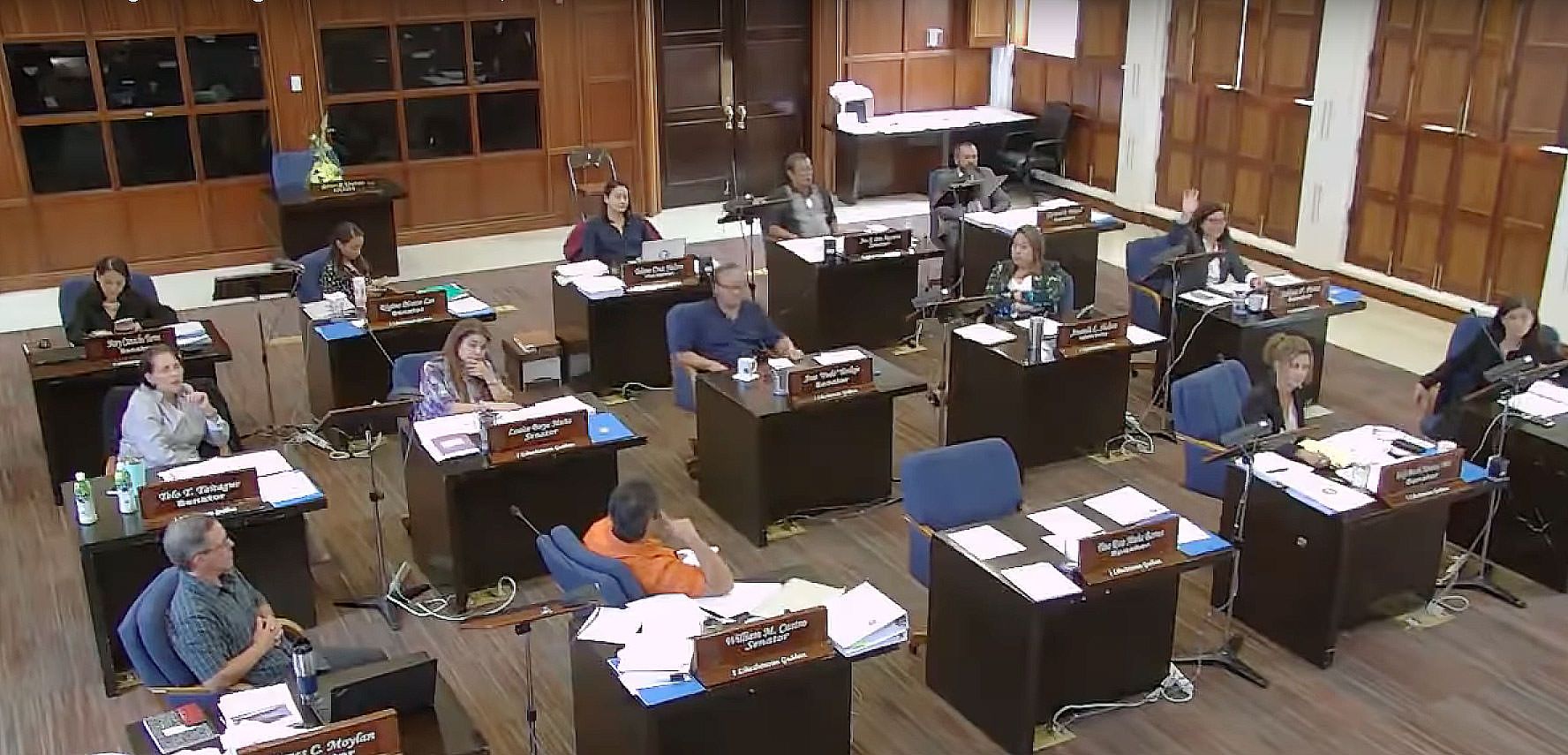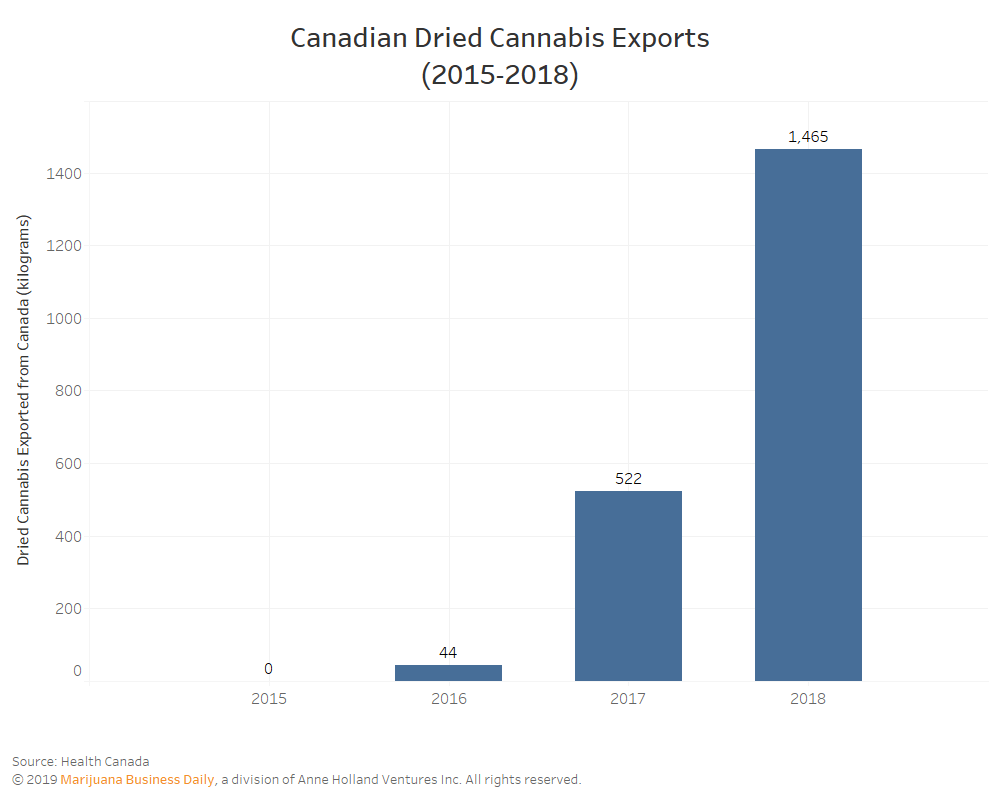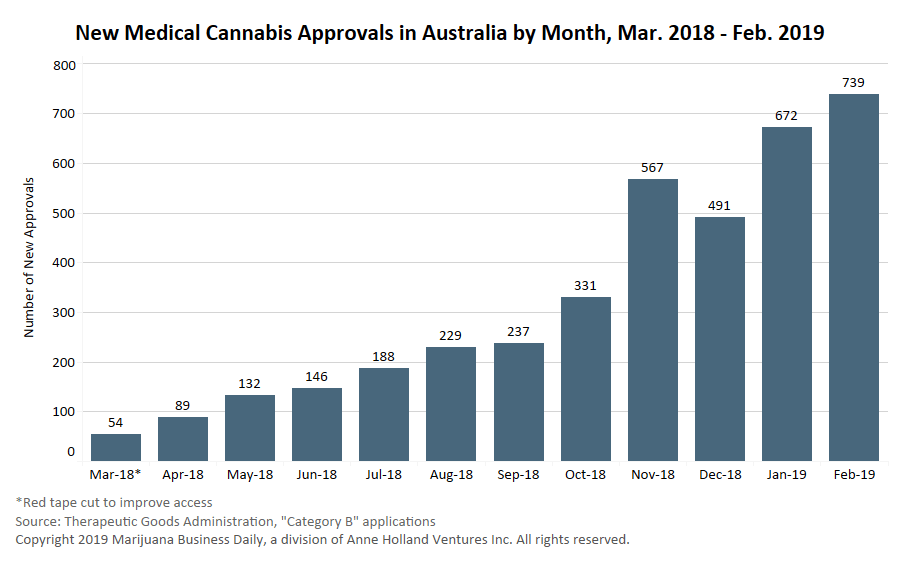Guam Gov. Lou Leon Guerrero signed the Cannabis Industry Act into law Thursday, clearing the final legislative hurdle for the creation of a new industry for entrepreneurs on the Western Pacific U.S. island.
The law will regulate the consumption, sale and production of adult-use cannabis. The nearby Northern Mariana Islands, another U.S. territory, approved a regulated recreational marijuana market last year.
In approving Guam’s cannabis law, the governor predicted that the U.S. government would legalize cannabis at a national level.
“I think the federal government will make it legal … there are 32 states that have medicinal cannabis. Ten states have adult-use cannabis. That’s the trend,” Guerrero said at a news conference, televised by KUAM News.
“I think the writing on the wall is there. ”
Last week, Guam lawmakers narrowly approved the bill, sending it to the governor’s desk.
“We must regulate this illicit drug that is the most widely used in our society,” Guerrero said. “We have to take it and control it, monitor its use and effects, benefit from its medical efforts.”
Cannabis cultivation facilities will be required to pay an excise tax of 15% on the value of marijuana sold or transferred to retail stores.
Guerrero will impanel a nine-member Cannabis Control Board, which will have up to one year to adopt rules and regulations for players in the industry.
The law’s author, Sen. Clynt Ridgell, said legal adult-use cannabis should spur investment in the island’s stalled medical marijuana program.
“It will allow for more investors to come in and invest on the island, because it is now a larger market,” he said.
Delegate to the House of Representatives Mike San Nicolas pledged to work “to ensure that the Congress enables these enterprises to enter the financial system to eliminate the risks of all-cash enterprises,” according to the Pacific Daily News.




